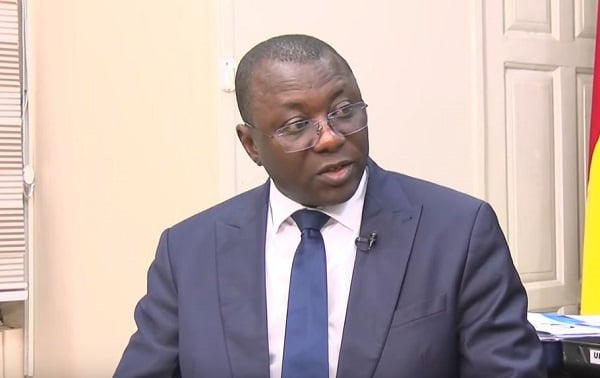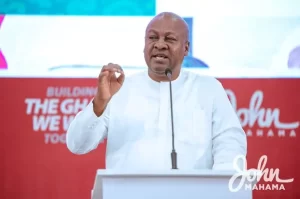Government has earmarked $2.3 billion for the recapitalization of the National Investment Bank (NIB).
This announcement was made by the Minister for Finance, Dr. Mohammed Amin Adam, during the Ministry of Finance’s Monthly Economic Update on Friday, May 24, 2024.
“As part of the implementation of the Post Covid-19 Programme for Economic Growth (PC-PEG), Cabinet has approved the plan for restructuring and recapitalization of the National Investment Bank (NIB),” he stated.
The recapitalization plan, according to the Finance Minister, will involve a programmed equity injection of about GHS2.3 billion over the next 12 months, with the first tranche of GHS400 million expected to be transferred to NIB before the end of this month.
“This initiative is critical to strengthening the governance structure, enhancing operational efficiency, and improving risk management to ensure the financial viability of NIB,” he emphasized.
The Minister elaborated on the broader context of this financial intervention, linking it to the overall objectives of the PC-PEG, which include restoring fiscal and debt sustainability, stabilizing inflation and the exchange rate, preserving financial stability, and implementing structural reforms to support inclusive economic growth.
He noted that government’s strategy is not just about financial injections but also involves implementing strong and ambitious structural reforms. These reforms he said are aimed at addressing fundamental weaknesses in the financial sector and enhancing resilience against future shocks.
“We will continue to implement strong and ambitious structural reforms in the areas of tax policy, revenue administration, and public financial management to address structural weaknesses and enhance our resilience to shocks,” he added.
Dr. Amin Adam also took the opportunity to update the public on other significant economic developments. He said that Ghana successfully concluded the second review mission by the IMF, which assessed the country’s performance under the IMF-supported PC-PEG as very strong. This successful review, he said, enabled Ghana to reach a Staff Level Agreement (SLA) with the IMF, paving the way for the Executive Board’s approval and the disbursement of the third tranche of $360 million, bringing total disbursements to $1.56 billion.
The Minister highlighted the importance of these funds in stabilizing the economy and supporting the government’s various initiatives. “We are now seeing signs of macroeconomic stability and economic recovery,” he said, citing resilient GDP growth, declining inflation, and improved gross international reserves as key indicators of progress.
This, he reassured Ghanaians of the government’s ongoing efforts to ensure fiscal consolidation and debt sustainability while working to return the economy back to its growth trajectory.






